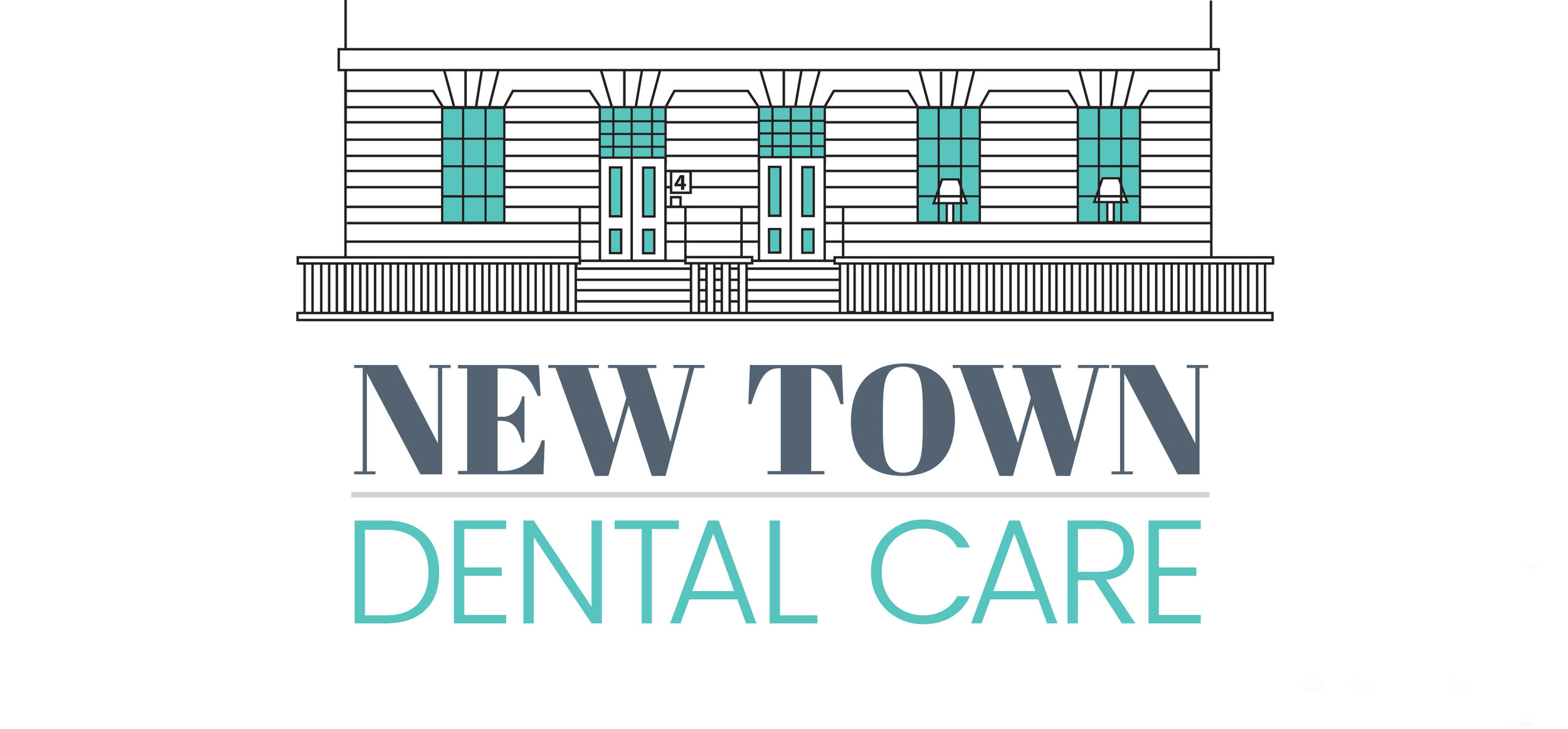Four easy ways to boost your dental hygiene levels
Statistics show that currently, UK adults don’t have the best dental hygiene – in fact, one in three UK adults admits to forgetting to brush their teeth regularly, and lots of us will freely admit that when it comes to dental health, we often prioritise looking after our skin or our bodies before we think of our teeth.
So, to help our patients and followers, we’ve put together the four easiest ways to boost your dental health, to help you enjoy a healthy and happy smile in the months and years to come.
The morning brush: What’s the right way to do it?
50% of UK adults brush their teeth before breakfast, whilst 42% brush after eating their first meal of the day. It’s a pretty even split, so what’s the best option?
The British Dental Association says that you should brush your teeth last thing at night, and on one other occasion during the day, whenever you prefer. However, we think it’s best to brush before breakfast; whilst you’re sleeping, bacteria multiply, attaching to your teeth and creating a film over them, which can cause damage and stains once you’ve started enjoying your morning brew.
So, first thing in the morning, head straight to the bathroom and scrub those teeth clean – if you like the feeling of newly-cleaned teeth when you head out of the door, you can always brush again quickly post-breakfast too. Just remember to leave it an hour or so if you enjoy fruit or fruit juices during your breakfast!
How often should you visit the dentist?
You should visit the dentist as often as they recommend you to; everyone’s needs are individual to them. However, the rule of thumb is that adults should aim to visit the dentist every six months, for a check-up and to treat any issues. 50% of UK adults stick to this rule, whilst 42% tend to visit once a year – we’d recommend being more frequent if you can.
Should you be using mouthwash?
22% of UK adults rinse with mouthwash daily, whilst 38% never use it at all. Which group is right?
Mouthwash promises to prevent cavities, whiten teeth, rinse away stains, kill germs and reduce infection – which most mouthwashes, specifically medically-backed ones, can help with. However, unless you’re being specifically recommended to use a medical mouthwash by your dentist, your mouth will generally be healthy enough to get along fine without one as part of your routine.
What’s better – a manual or an electric toothbrush?
The decision between manual and electric is a debate that rages on, and ultimately comes down to personal preference – although we would recommend electric, as it’s just more effective than a manual toothbrush. 72% of UK adults side with us and use an electric toothbrush too. Modern electric brushes boast in-built sensors and times, and the sonic oscillating brush heads mean that they are much more effective at removing plaque, which in turn reduces gum inflammation and the risk of disease or infection.

